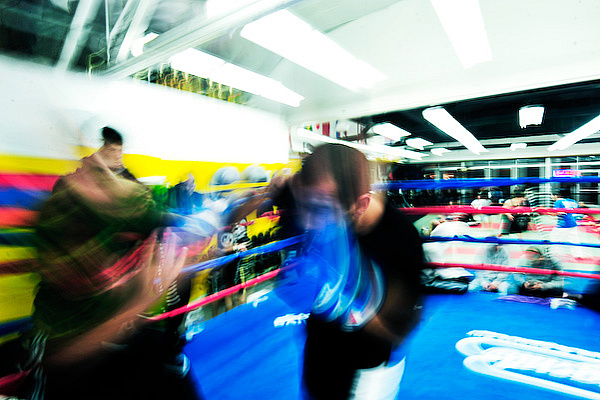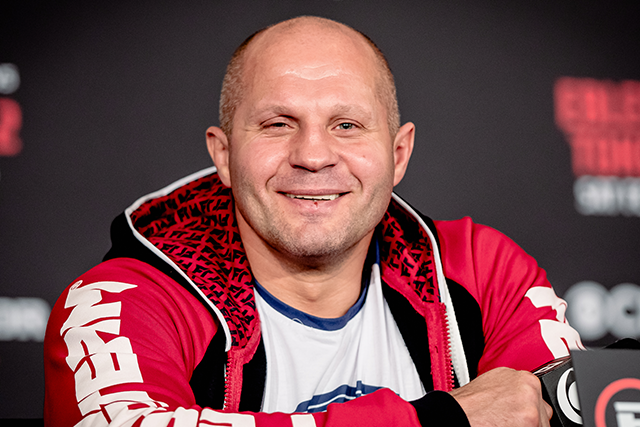16 Year Olds, Contracts, and Maximum Marketing Ploys
Jake Rossen Jul 15, 2010

File photo: Stephen Albanese/Tailstar.com
Eventually, scientists will be able to isolate the specific cell markers that indicate exceptional athletic potential and basketball players can be recruited while still amoebas. If any kind of binding contract is needed, college scouts can wait until he’s formed enough to kick: two means yes, three means he wants a Range Rover as a signing bonus.
Advertisement
“He is the No. 1 draft pick,” President Mark Pavelich said in the press release. “We have the best young fighter anywhere now in our organization. I can’t be any more succinct - he is the future.” Couldn’t he have least tried to sell the guy?
To Pavelich’s credit, it’s not unreasonable to quantify ability in someone that young: Joe Stevenson and Karo Parisyan both competed in pro fights as teenagers. In the con column, this is all fairly standard PR stuff. If Argyriou is that good, he’ll be a quick graduate to the major leagues. If he wants to fight somewhere else when he’s legally able, I doubt any judge would rule on a contract signed by a minor by forcing him into a cagefight. Though this would be very funny.
Argyriou could be as advertised, or he could be a gym-great who can’t perform to expectations under live conditions. (There are some athletes who, if they performed as they do in practice, would be champions.) What’s the benefit to signing a 16 year old? Publicity. What’s the downside? Unreasonable expectations pounded into a kid’s head. A sense of entitlement and accomplishment that often turns promising young athletes into adult jerks.
I hope Argyriou finds the success his camp anticipates for him. If not, I hope they’ve stressed to him the idea of a Plan B.








